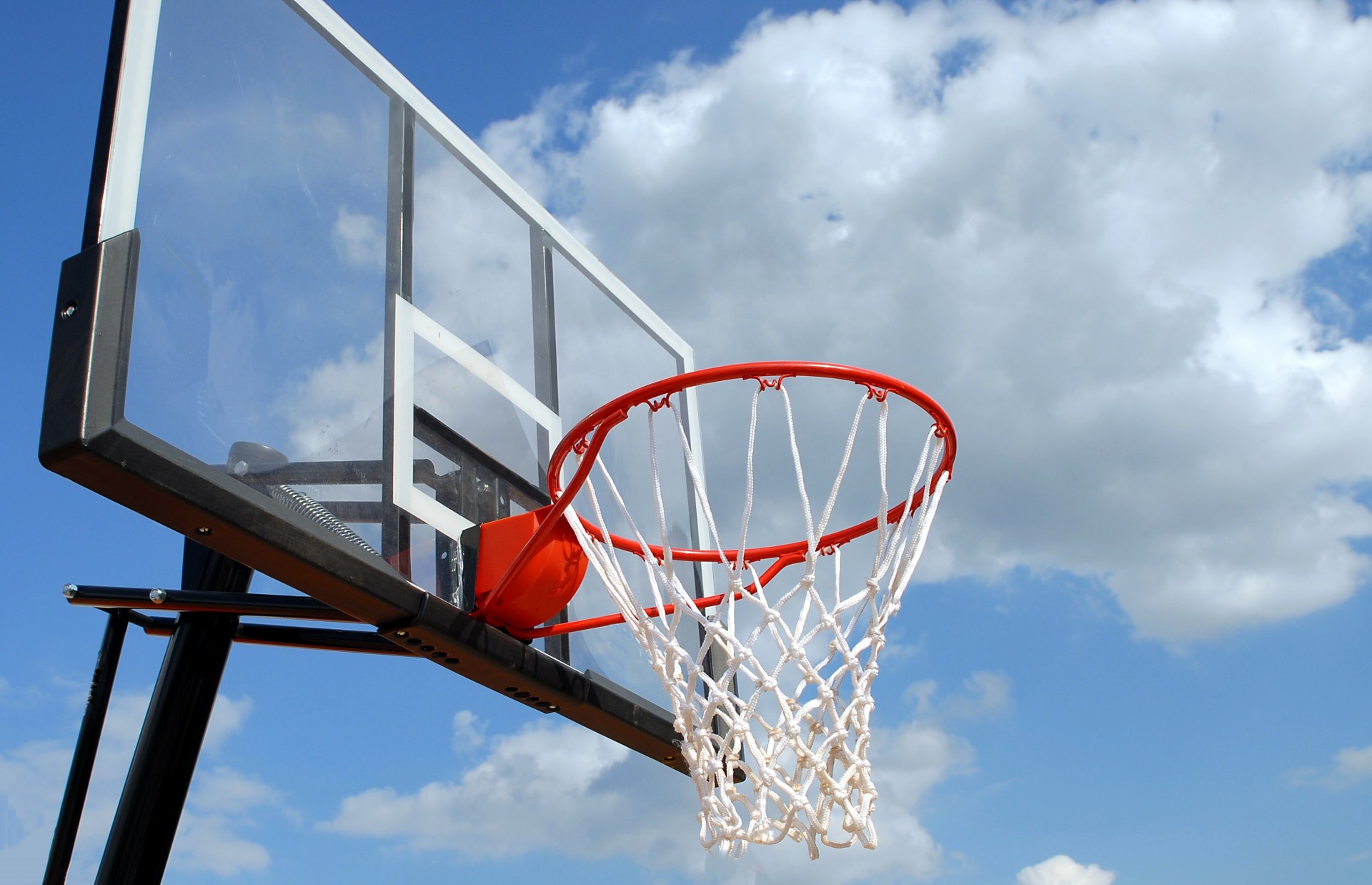
The church today has realized that religion and sport can become partners more often in an effort to connect with the people within their local communities.
Churches are beginning to move beyond the walls and into the community, utilizing sports as a venue. Eitzen and Sage (2012) proposed that “religious values are inherent in sport ideology” (p.1). Many congregations are getting more and more involved with creating relevant sporting opportunities that teach character development, hard work and respect for fellow man.
Sport is one of the most prominent forms of popular culture in the United States. Talking about sports, watching sporting events, and playing sports form a kind of cultural currency in American society where those who can do these things well achieve admiration and respect.
This was not always the case. Far from being touted as a character-building institution early 19th-century American Protestants decried sport as a temptation of the devil sure to lead the athlete to value worldly success over matters of faith. Today, this point of view is less popular and many contemporary Christians are willing to engage sport as a platform for evangelical witnessing (Blazer, 2012).
As congregations consider the growth of the church and how the church can become more involved within evangelism and outreach, the church leaders must also look at various new ways to accomplish this task. Many are looking towards sport and recreation and creating a sport ministry which has a global appeal as well as the ability to connect and congregate people of diverse backgrounds.
According to Lee (2004) there are different views on the relationship and involvement that religion and sport play on each other. It should be apparent that religion and sport do have various common bonds. The impacts of these common bonds have been demonstrated through the various ways that local congregations utilize different sport and recreational programs to present the gospel. Sport allows this opportunity and diversity.
Eitzen and Sage (2012) emphasized how religion has utilized various sports, not only through the local congregation, but also church affiliated colleges and institutions of higher education.
It would be fair to say that even political leaders are taking to the venue of sport to connect with and build their following as well as their careers. Sport affords many opportunities for a wide base of people, regardless of their race, religion, or gender to congregate together.
Lee (2004) mentions that numerous large and small church-affiliated higher education institutions, have utilized sports in various ways and degrees. Many institutions of higher learning, regardless of their denominational preferences, have allowed sports to demonstrate diversity, thereby impacting its student body. Churches are beginning to follow this process in their efforts to have direct and indirect impact in the communities they serve.
An awareness of culture change has been another increasing need on the part of most church leaders to rethink approaches of engagement; it’s a different marketplace (Anthony, M. J., & Estep, J., Jr., 2005). A market that would require most leaders to begin to rethink their whole paradigm as it relates to church ministry and what’s relevant in the sharing of the Gospel of the Kingdom today.
By Dr. Joseph C. Spears Jr.
Dr. Spears held positions as a sport chaplain, adjunct professor of sport and religion, and currently serves as the faculty athletic representative, assistant professor of sport management and MAT coordinator at Bowie State University. Dr. Spears understands the need and importance of spiritually, socially and economically developing families and communities. Reach him by email at jcspears@bowiestate.edu
References:
Anthony, M. J., & Estep, J., Jr. (Eds.) (2005). Management essentials for Christian Ministries. Nashville, TN: Broadman & Holman, pgs. 87-103.
Blazer, A. (2012). Religion and Sports in America. Religion Compass. 6, (5), 287-297.
Eitzen, D.S., & Sage , G.H. (1997). Sociology of North America Sport. Boston, MA: McGraw-Hill., p.3.
Lee, J.W. (2004).An Overview Of The Reciprocating Relationship Between Sport and Religion. Smart Online Journey, 1(1), 26-28.